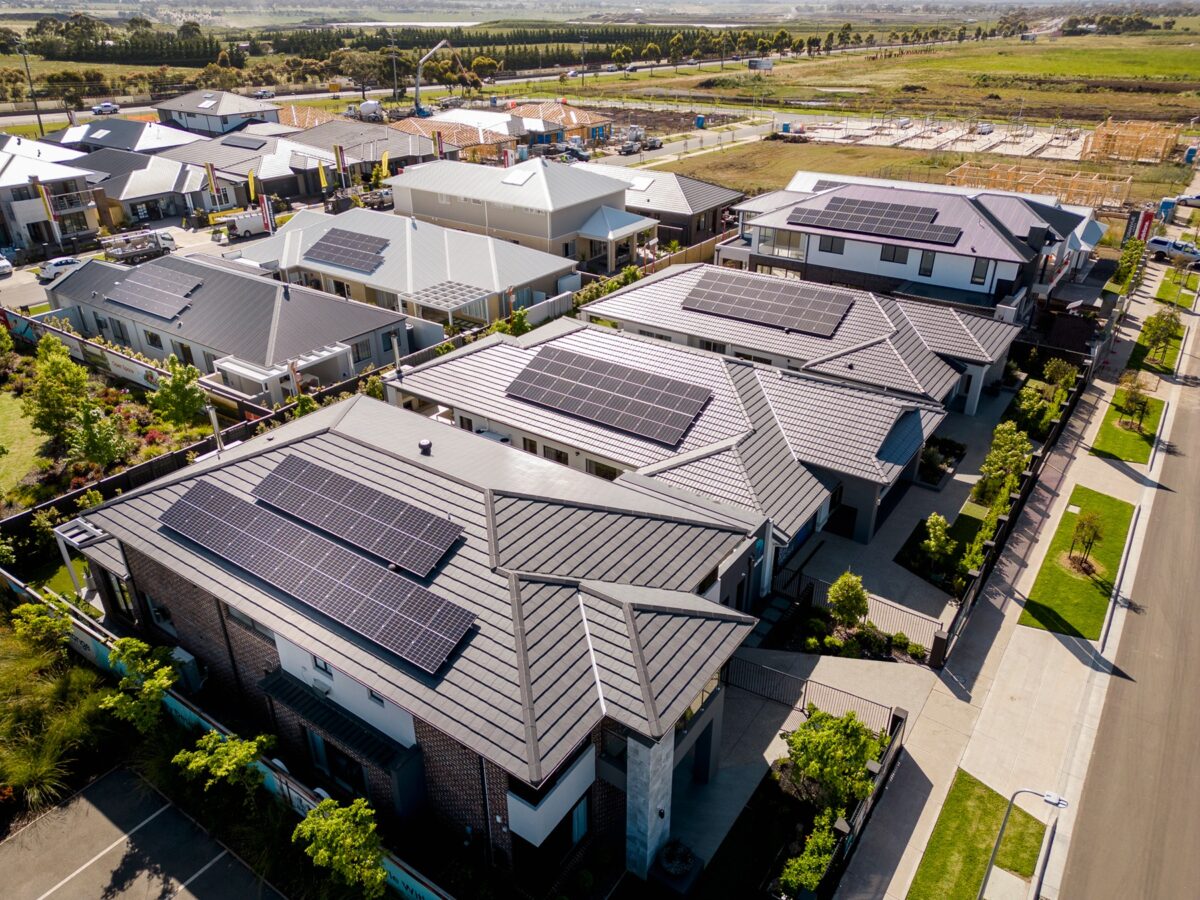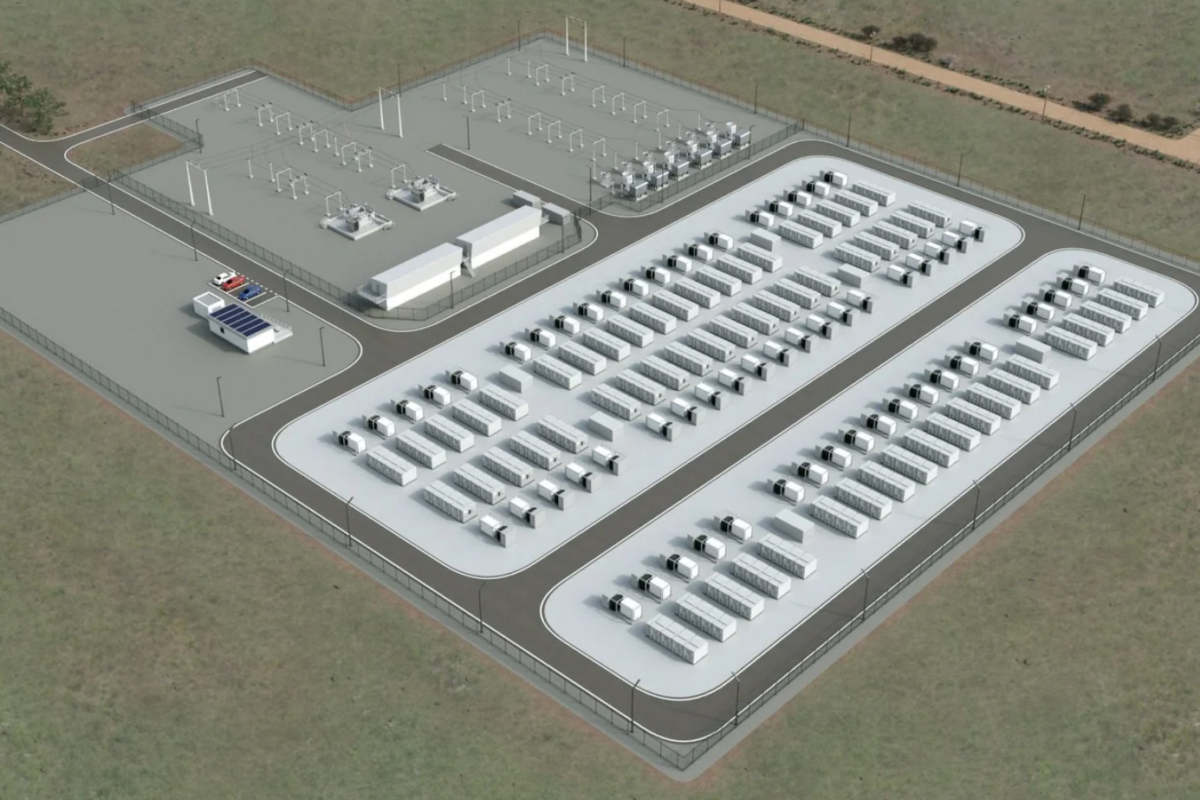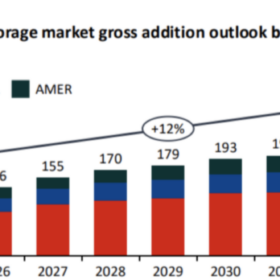The ongoing trial between Deakin University, Energy Locals and Rethink Sustainability has attracted attention as a case study in peer-to-peer (P2P) solar energy trading, and we are proud that our technology, Powertracer, makes it work. While the project is just getting going, and full results aren’t in, we see the initiative as another critical “beta test” for a future in which energy time matching will increasingly become the standard for retail products.
Time matching: The next phase in the energy evolution
Globally, the climate imperative is driving an increasing appetite for clean energy solutions that are not only renewable, but also transparent, verifiable, and time-aligned with consumption patterns. Time matching, which is where renewable energy use is matched hourly (or more frequently) to renewable generation, is rapidly emerging as the gold standard. It is the natural successor to crude offsets and annualised green energy and ‘net’ zero claims.
Enosi has been leading the way for some time now. From the Port of Brisbane’s solar sharing program to our world-first 24/7 time-matched solar PPA with EG Funds, the range of use cases for time matching is growing. We’ve helped Woolworths cut costs and carbon through intelligent matching, and are expanding rapidly into international markets including Singapore, the UK and Italy — where consumer demand for time matching products is surprising seasoned energy industry professionals.
Role of trials like Deakin’s: Sandbox for product evolution
The Deakin trial uses Powertracer to match the energy exports from rooftop solar systems with consumption at residential and small business premises. It allows individuals to set their own prices for peer-to-peer energy trades, or trade anonymously at prices set by them, and enables savings on energy bills taking advantage of the lower costs of solar energy and the value of consuming energy when the sun shines. Prosumers can improve their return on solar investment while consumers can access renewables even if they don’t live under a suitable roof. The trial will test consumer appetite for participation in such community energy sharing programs, and report on the results – both in terms of money saved and overall product fit to market.
These innovations don’t emerge from the ether. They are built from learnings that help us understand how best energy time matching fits with consumer wants and needs. To be clear, the Deakin initiative is not the final polished product offering. Rather, it is time-matching continuous improvement, helping iterate ever better solutions that work well for all customers.
The contrast between Deakin’s academic trial and our commercial deployments with partners such as Evolve Energy in the UK, Momentum Energy and Next Business Energy in Australia and Italy energy retailer Plenitude underscores an important distinction: retail energy products are built to optimise consumer take-up at scale. The enthusiasm for time matching is also clearly not limited to Australia and indeed we are witnessing a more rapid acceleration of time matching in Europe. This context will help us understand the ultimate value of the Deakin/Energy Locals initiative and clean energy matching models generally.
Companies worldwide are looking for better ways to ensure their energy use is genuinely clean, hour by hour. From ESG-driven corporates to regulatory bodies in Europe and Asia, there is a growing expectation for traceable, verifiable energy. Australia, thanks in part to its competitive retail market and willing early adopters, is uniquely positioned to contribute to the learning and leading, but those lessons are cross-pollinated over borders and inform what we are doing here. In Italy, for example, Plenitude’s “adopt-a-panel” product built around time matching took 18 months to develop and is now seeing hundreds of sign-ups a day. It’s a fully productised offering that transforms complex energy infrastructure into a simple, consumer-facing narrative, and something any household can understand and trust.
This is where the category of time-matched clean energy is heading, and fast. Enosi’s Powertracer technology stack enables verified, low-cost, low-friction participation in clean energy markets, whether through solar adoption, dynamic matching, or short-term matched energy supply agreements (time-matched PPAs). What we are seeing is the unlocking of a potential for clean energy previously out of reach since it was constrained by a traditional market of buying and selling energy and the technology needed to BYO energy.
The energy revolution won’t be built in a lab or with perfect code. Underpinned by low cost, it will be co-created, trial by trial, market by market, partner by partner. That’s how you transform an industry — and that’s why initiatives like Deakin’s are so critical as we discover what products are adopted by end customers here in Australia (and beyond). We need these valuable initiatives, and we need to respect that the road to the future of energy is through refinement iteration and market-fit education.
Author: Steve Hoy, Chief Executive Officer, Enosi
The views and opinions expressed in this article are the author’s own, and do not necessarily reflect those held by pv magazine.
This content is protected by copyright and may not be reused. If you want to cooperate with us and would like to reuse some of our content, please contact: editors@pv-magazine.com.








By submitting this form you agree to pv magazine using your data for the purposes of publishing your comment.
Your personal data will only be disclosed or otherwise transmitted to third parties for the purposes of spam filtering or if this is necessary for technical maintenance of the website. Any other transfer to third parties will not take place unless this is justified on the basis of applicable data protection regulations or if pv magazine is legally obliged to do so.
You may revoke this consent at any time with effect for the future, in which case your personal data will be deleted immediately. Otherwise, your data will be deleted if pv magazine has processed your request or the purpose of data storage is fulfilled.
Further information on data privacy can be found in our Data Protection Policy.